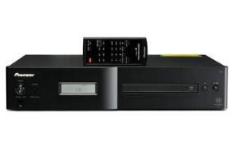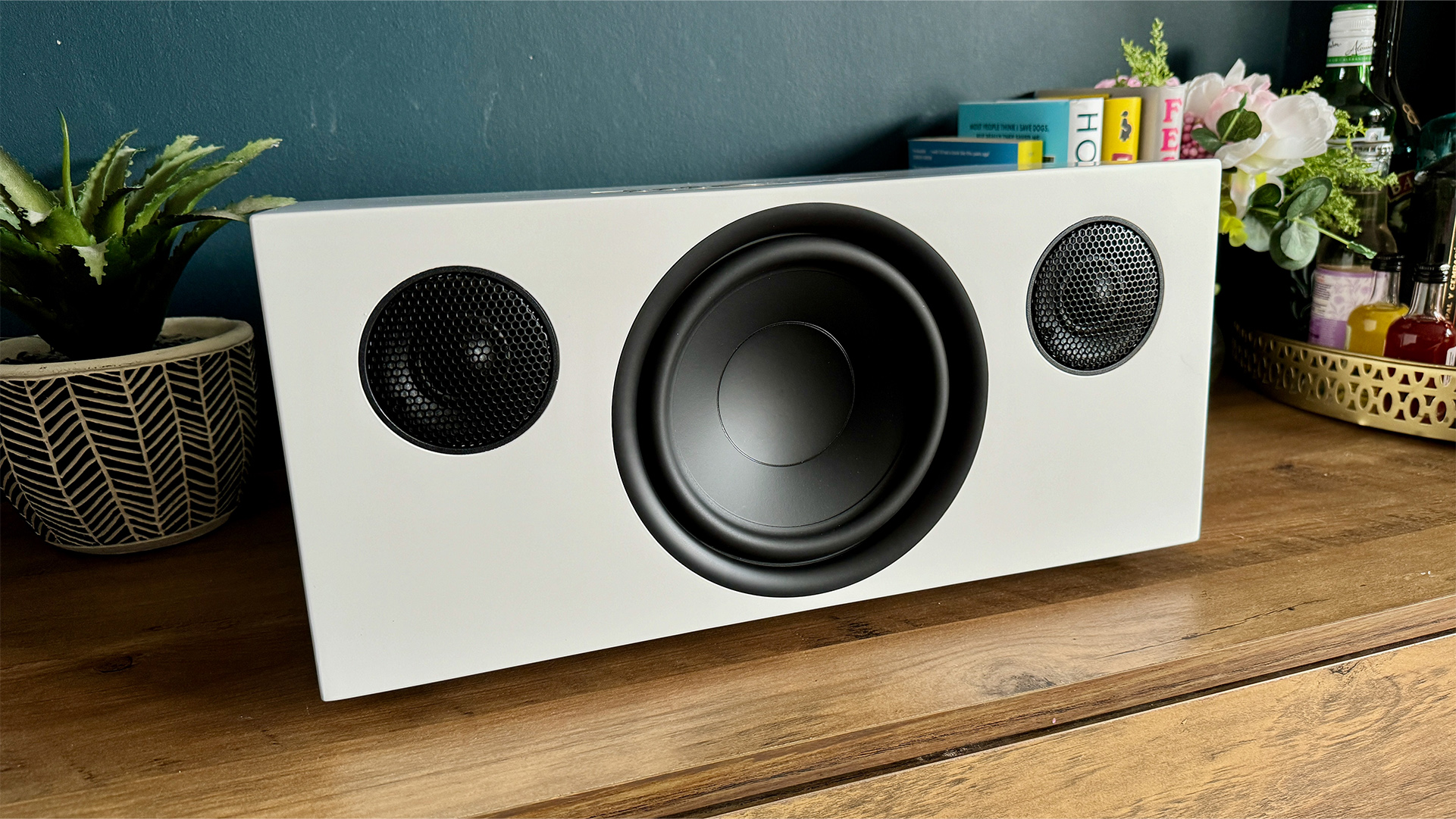What Hi-Fi? Verdict
Not flawless, but it’s extraordinarily talented, too
Pros
- +
Clarity and detail resolution
- +
transparency and stereo-imaging are first rate
- +
great styling
Cons
- -
Too polite
- -
needs careful system-matching
- -
nasty remote handset
Why you can trust What Hi-Fi?
If outright clarity and overall transparency is your thing, there is nothing in this class that does that better. The Pioneer doesn't stamp much of an imprint on the music, and that's a good thing. You'll hear more detail, and the differences between production qualities of recordings are more readily apparent.
Stereo imaging and focus are real strengths of the Pioneer, making even the best of its rivals sound a touch vague when it comes to the placement of instruments in a soundstage.
Sounds like the PD-D6-J is a real contender? It would be if it weren't for a couple of mild shortcomings that leave the door open for the cheaper, but superbly rounded rivals to walk through.
First off, and probably the most significant drawback is a rolling-off of dynamic punch. This makes the machine sound polite, and renders the likes of the Red Hot Chili Peppers too polished for our tastes.
Remote hits a bum note
Also, as with most Pioneer gear we test, the top end is rather prominent. This can be tempered by careful system-matching, so shouldn't be much of a problem.
Last, we hate the thin, cheapo remote handset: it's fiddly and nasty to use – especially at £350.
Often, a product that exhibits such weaknesses would lose a star, but so capable is the Pioneer in its areas of strength that it demands a serious audition before you buy anything else. Hear it yourself.
What Hi-Fi?, founded in 1976, is the world's leading independent guide to buying and owning hi-fi and home entertainment products. Our comprehensive tests help you buy the very best for your money, with our advice sections giving you step-by-step information on how to get even more from your music and movies. Everything is tested by our dedicated team of in-house reviewers in our custom-built test rooms in London, Reading and Bath. Our coveted five-star rating and Awards are recognised all over the world as the ultimate seal of approval, so you can buy with absolute confidence.


